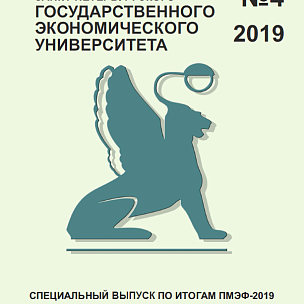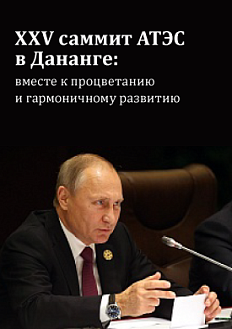Eugene Kaspersky: “Fighting Cybercrime is Impossible without International Cooperation”
What are the greatest cyberthreats, today and in the future?
I believe one of the greatest cyberthreats today is the threat to the security of industrial infrastructure. Enterprises are digitalised, plants need fewer workers and are using more computer systems and robots. This has become the norm, as has remote internet access to industrial control systems. But it is this modernisation that is making enterprises more vulnerable to cyberattacks. We are already aware of the existence of several specialised cybercrime groups who target enterprises in the energy, instrumentation and industry sectors.
Remaining analogue in a digital economy is impossible as you won’t withstand the competition. This is the main phenomenon of Industrial Revolution 4.0. You either keep your business safe by staying offline, and fall hopelessly behind your competition, or respond to the changing times and put your enterprise at risk by making it vulnerable to all sorts of cyberthreats. I believe that it is our collective objective, in an age of increasing digitalisation, to realise how vulnerable we all are. Denial can be very dangerous.
What is your opinion on the ‘sovereign internet’? Could it make our life safer?
Unfortunately, we are living though a restless time of geopolitical conflict and rising internet protectionism and balkanisation. These international trends, in my opinion, won’t lead to anything good. Our experience in cybersecurity in particular has shown this to be true. Fighting cybercrime is impossible without international cooperation. It has no nationality and knows no borders. Creating an artificial ‘wall’ won’t make our life safer, but will certainly slow down the digital economy.
Many Russian IT companies suffered a reputational blow because of geopolitical conflict. How are you handling these negative consequences?
We move forward, try not to focus on the consequences and carry on with our work. Luckily, our partners can read between the lines and understand the whole underpinning for ‘geopolitical conflict’ and unfounded accusations aimed at us. How else would you explain the growth in our international sales revenue and the increase in US online sales in 2018? We have earned the loyalty of our partners and clients with our long track record of making the most reliable security solutions on the market.
But we also realised there is a demand for more business transparency among regulators and officials. This is especially true for data processing. Our business is based on trust. We have nothing to hide. This is why we have moved one of our data centres to Switzerland as part of our global information transparency initiative. We have also opened our first transparency centre in Zurich where experts and partners can look at our source code and its updates and make inquiries. We will soon be opening two more centres in Europe and Asia. We are the first cybersecurity company to take that step.
What future do you foresee for Kaspersky Lab?
The challenges we are facing today would have been unimaginable five or seven years ago. We collect over 380,000 unique malicious files every day. The Internet of Things market is growing, and changing, as it does so, every sector of the economy: manufacturing, agriculture, urban infrastructure, trade, transport and many more. All these changes have led us to fundamentally rethink the principles of protecting information systems. Security needs to be integrated into the system architecture at the early stages, as opposed to introducing it as a superstructure, which is how it is done now. We call it the ‘cyberimmunity’ principle. As I understand it, this term should replace ‘cybersecurity’. We already know how to apply this principle to protect IoT products using our Kaspersky OS. Our plan is to develop and scale these achievements.
Anlytics on the topic

Freedom of access to information and the protection of users from «toxic» information on the Internet — where to draw a reasonable line? The article deals with the regulation of activities on the Internet. Analyzed the types of conflicts, their sources. Analyzed foreign experience of Internet regulation. It describes the problems with the regulation of the Internet in our country and suggests ways to solve them.

CourseBurg’s analytics department conducted a quantitative study and found out which universities and Massive Open Online Courses (MOOC) platforms have contributed most to online education under the current circumstances.

The global market for track and trace, which entails the tagging and monitoring of goods, is expected to see rapid growth over the next 8–10 years. This tool makes the market for goods transparent, creating a digital platform for businesses and consumers and helping to build a trust economy.

Article by Vladimir Putin, The 25th APEC Meeting in Danang: Together Towards Prosperity and Harmonious Development is the announcement of the position of the Russian side on the eve of the APEC anniversary summit, held on 10-11 November 2017.


